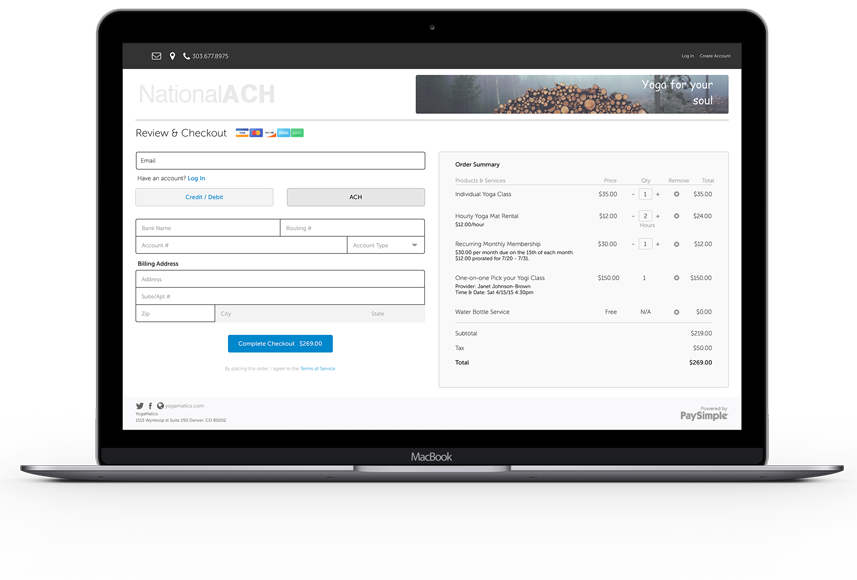SEPA Direct Debits Encounter Resistance from End-Users
Single Euro Payments Area (SEPA) direct debits have been slow to replace national direct debit systems. Part of the reason is that consumer groups are warning against the SEPA system.
Europe has working on the implementation of SEPA since 2007. The goal of SEPA was standardization of payment standards the 31-member EU/EEA member countries. The Payments Services Directive (PSD) provides the legal groundwork for SEPA.
Critics of SEPA direct debits say the system was created with the input of end users, including consumers, businesses, and insurance companies. Opponents of the system say the system is open to fraudulent transactions because of the inability of the debtors’ bank to intervene once the payment has left the account and is in the hands of the creditor. This makes it almost impossible to dispute transactions.
In addition, the PSD requires only an International Bank Account Number (IBAN) and a Bank Identifier Code (BIC) for transactions. Critics say this is not enough information to protect against fraud. A ruling by a German court to require account holders’ names and addresses in addition to IBAN and BIC was overruled by the PSD. German consumer groups are now warning consumers against using the SEPA direct debit system.
Given the current situation, there seems to be little reason for consumers to use SEPA direct debits when they can easily continue to use national direct systems instead.
For more information, contact info@nationalach.com
